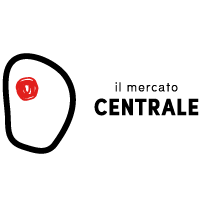On Tuesday 26 November, the Palazzina Reale in Florence hosted the second edition of OPEN, the series of annual meetings inaugurated last year by Human Company, a Florence-based group active in the hospitality and catering industries and Italy's leading operator in the open-air sector. These meetings aim to put the Italian travel industry in the spotlight, starting with the group's core business: outdoor tourism. This travel sector has significant potential for development, as shown by data from the new Outdoor Tourism Observatory launched by Human Company in October. By focusing on eco-sustainability, innovation and regional development, the sector continues to grow consistently, with a global turnover of 5 billion euros for the 2019 season and growth estimates of 5% for turnover and arrivals in the first half of 2020.
Under the title "Thinking about the world of travel today: how to create value through sustainability and innovation", OPEN02 analysed the sector from a green standpoint, a trend increasingly appreciated by guests from Italy and further afield, for whom an environmentally friendly holiday offers added value when choosing destinations and facilities. Alongside innovation, this element has the potential to become a strategic growth driver for the travel industry, allowing the sector to offer solutions that stand out for their ongoing efforts to respond to the needs of a market made up of increasingly diligent and aware customers.
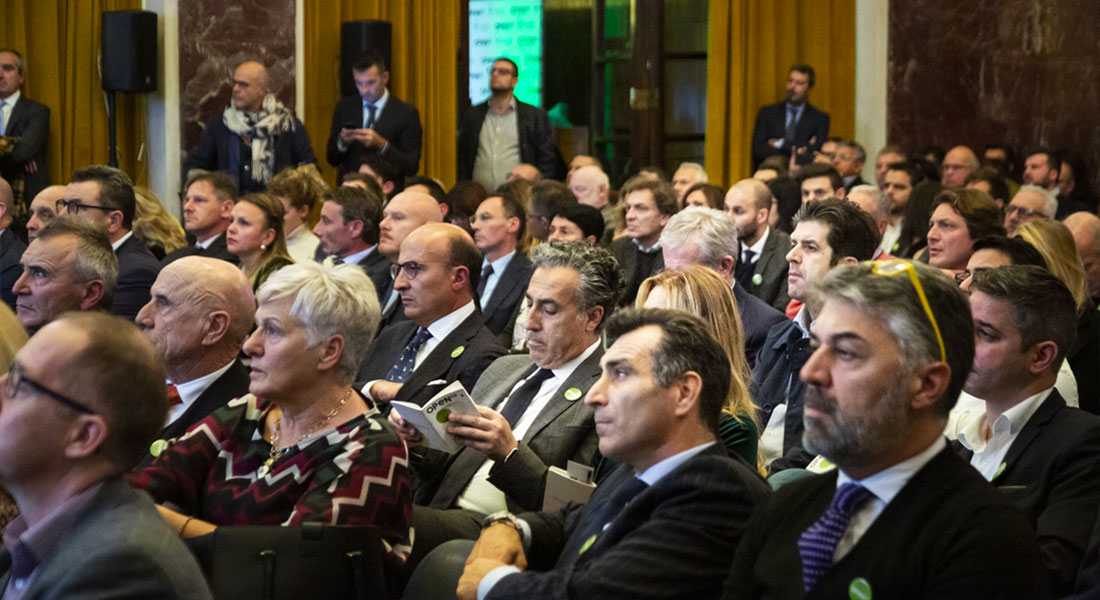
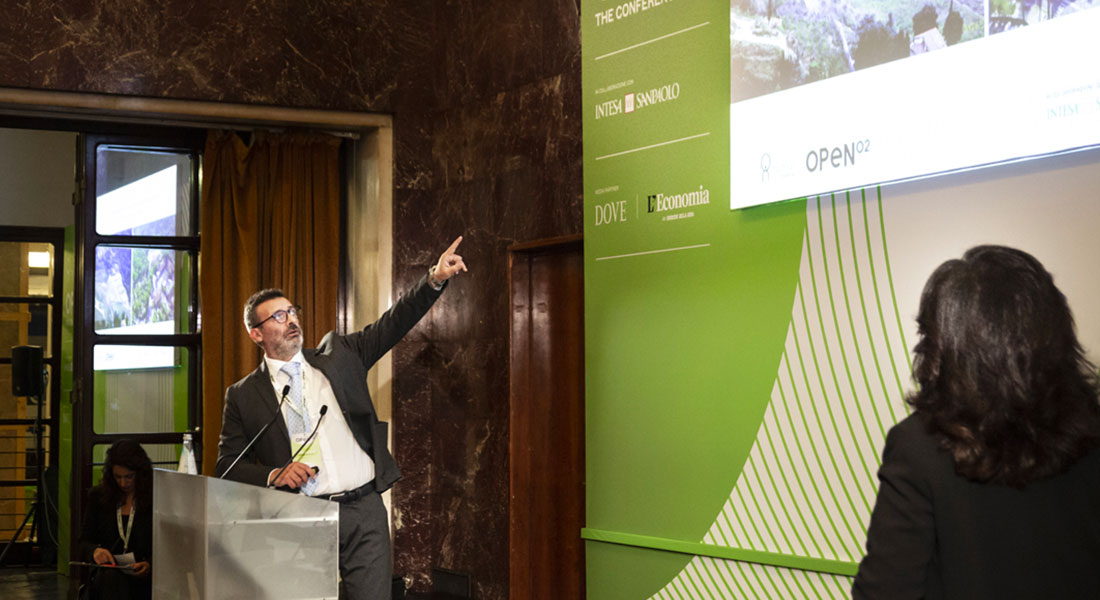
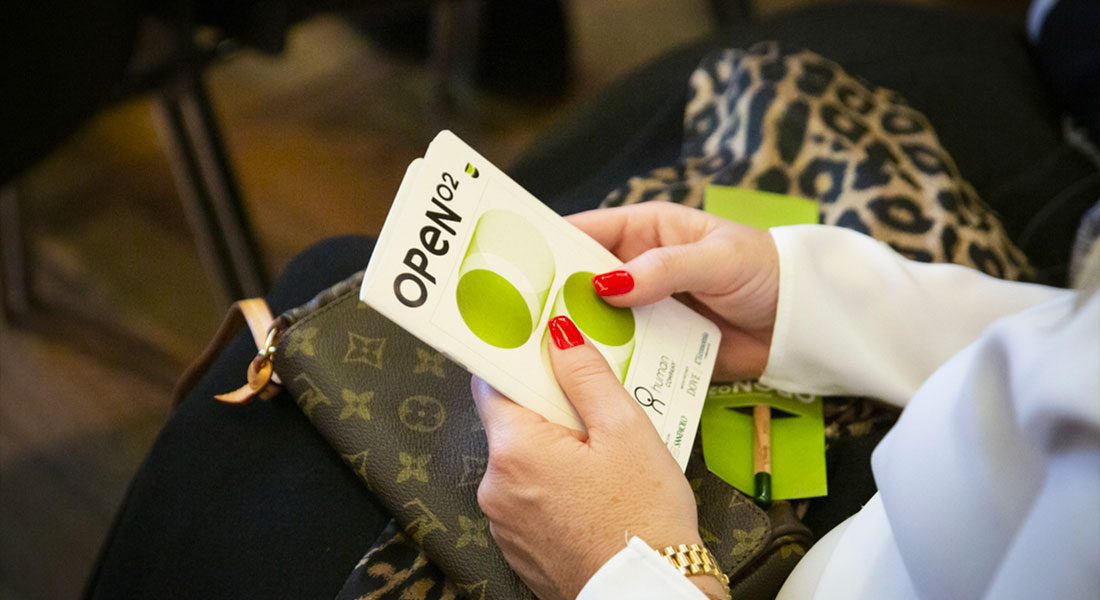
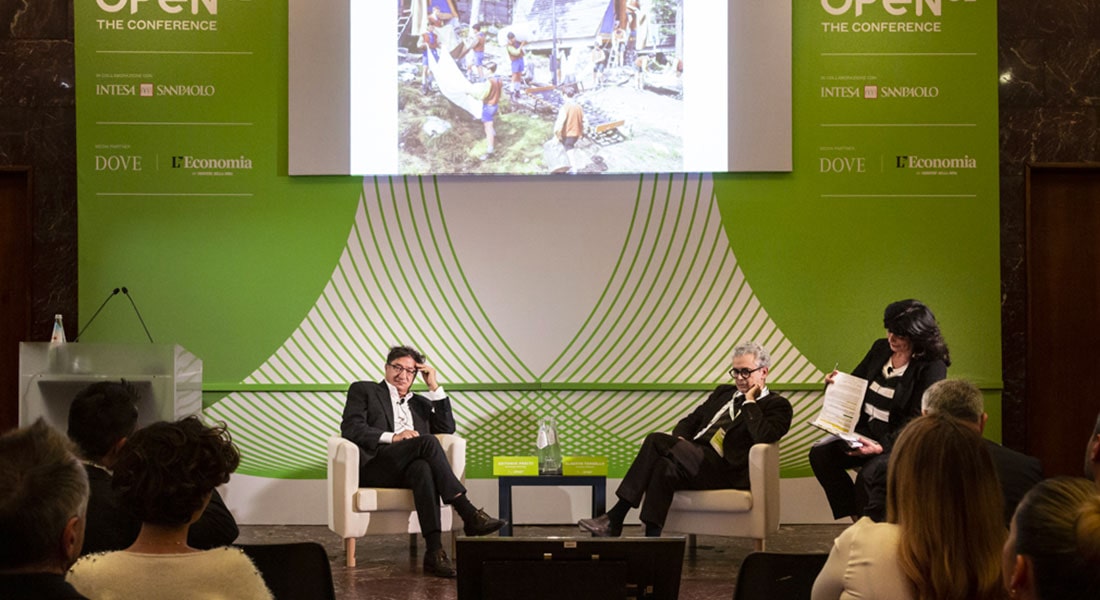
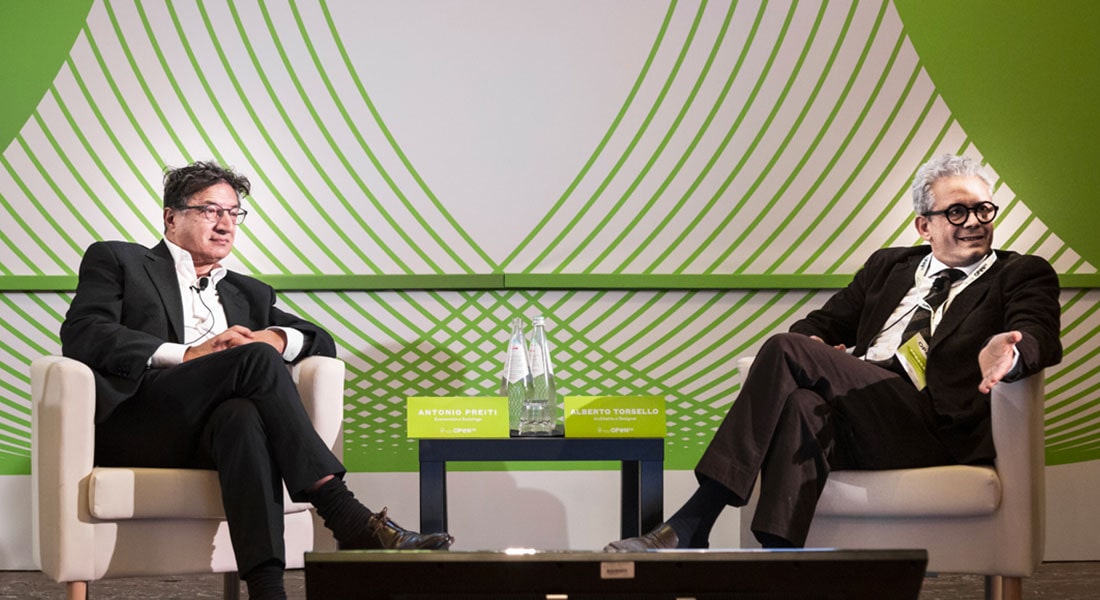
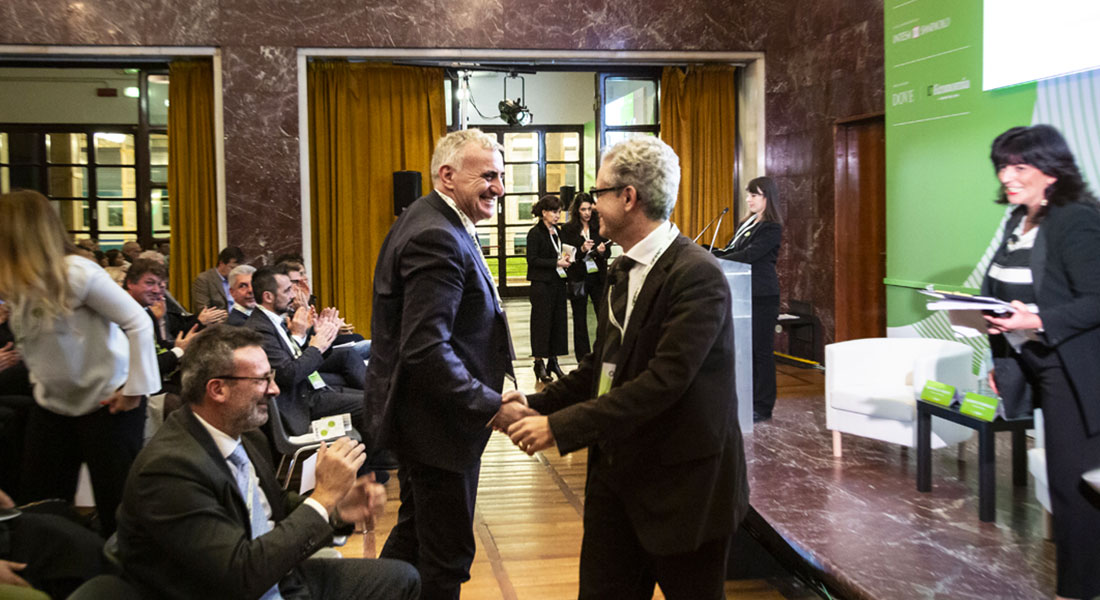
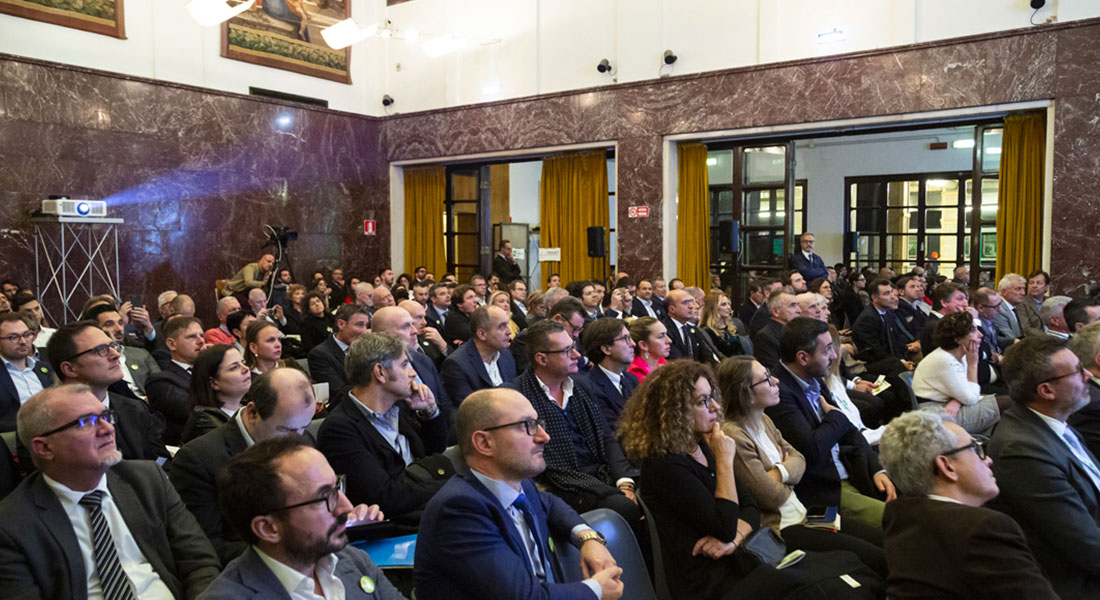
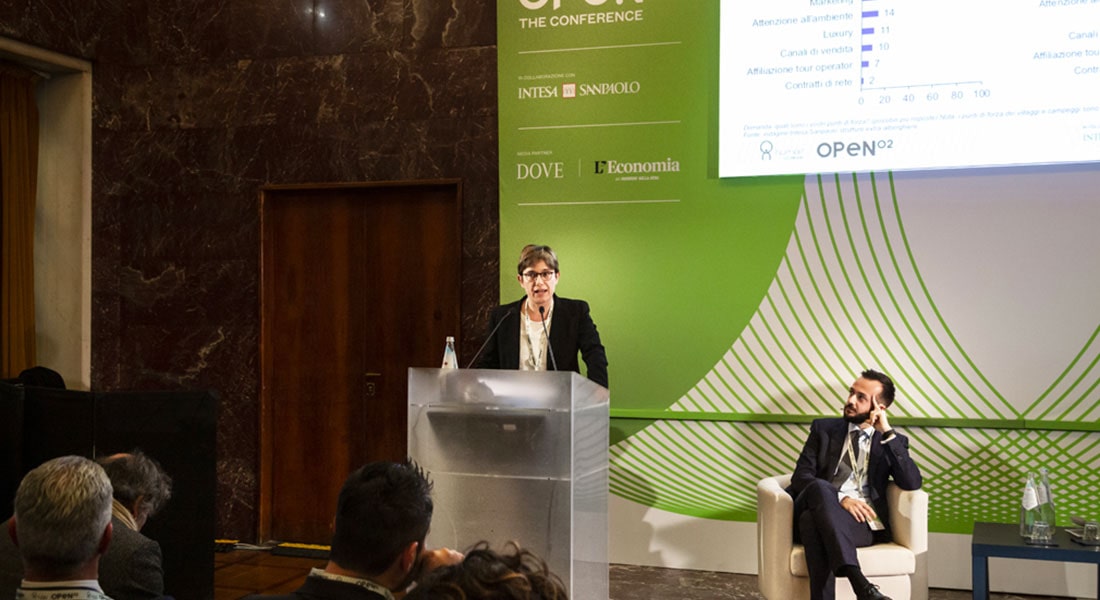
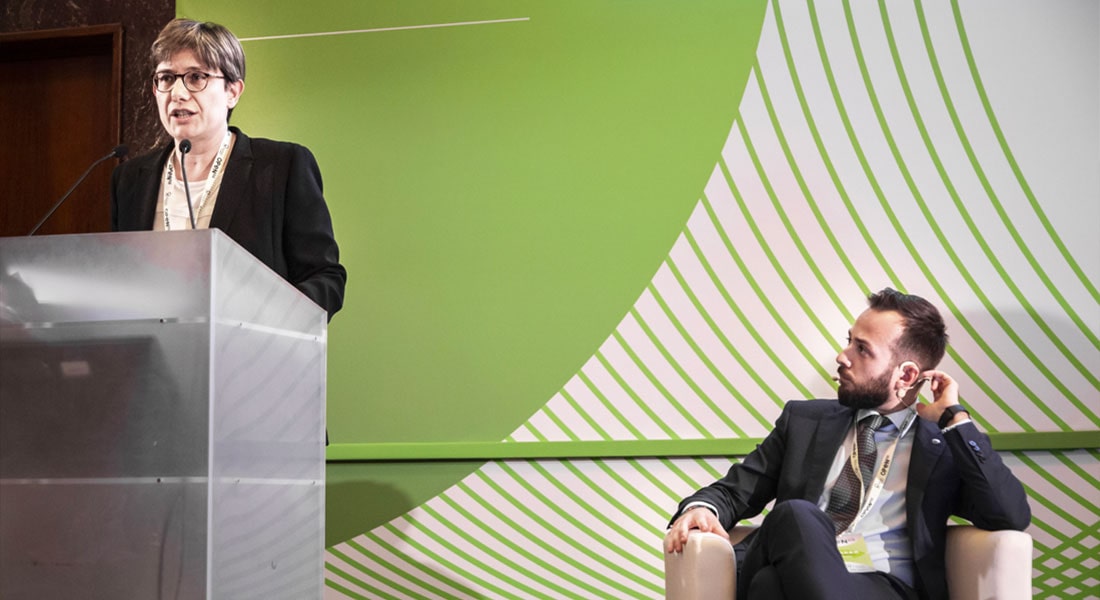
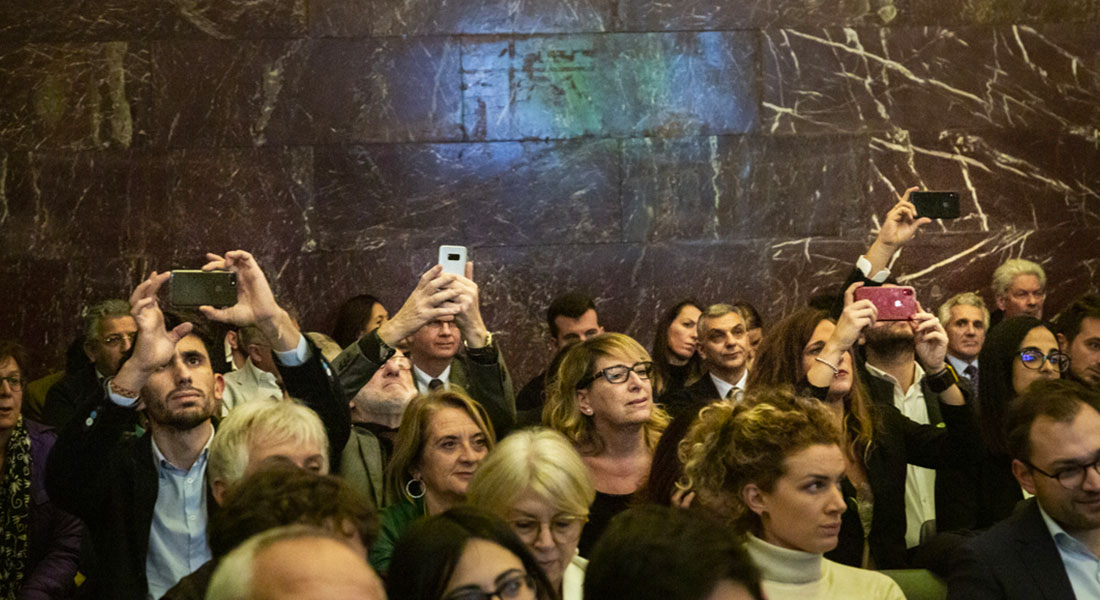
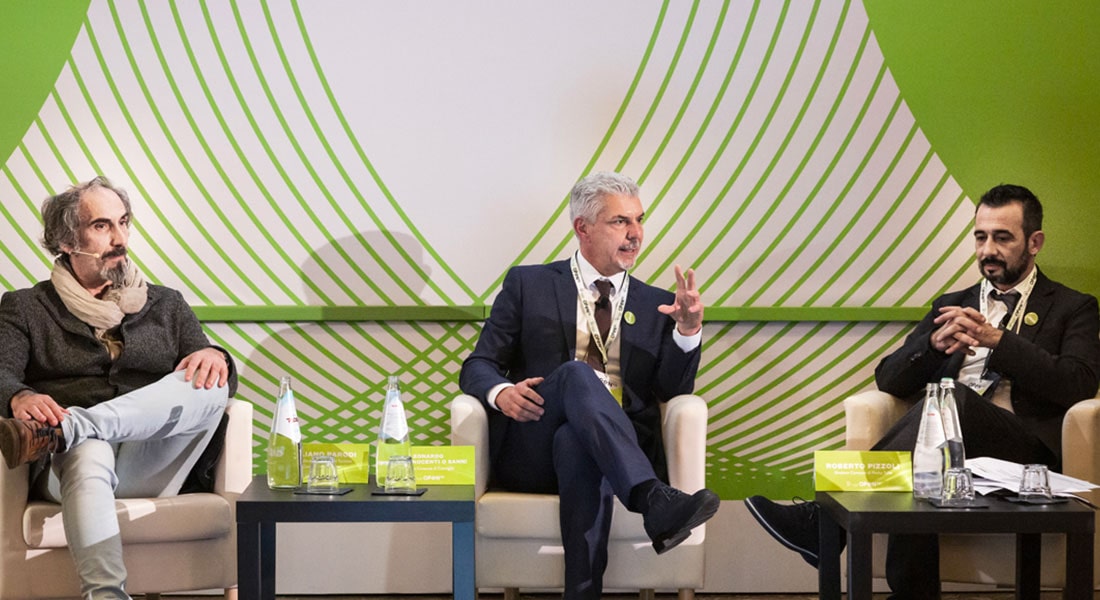
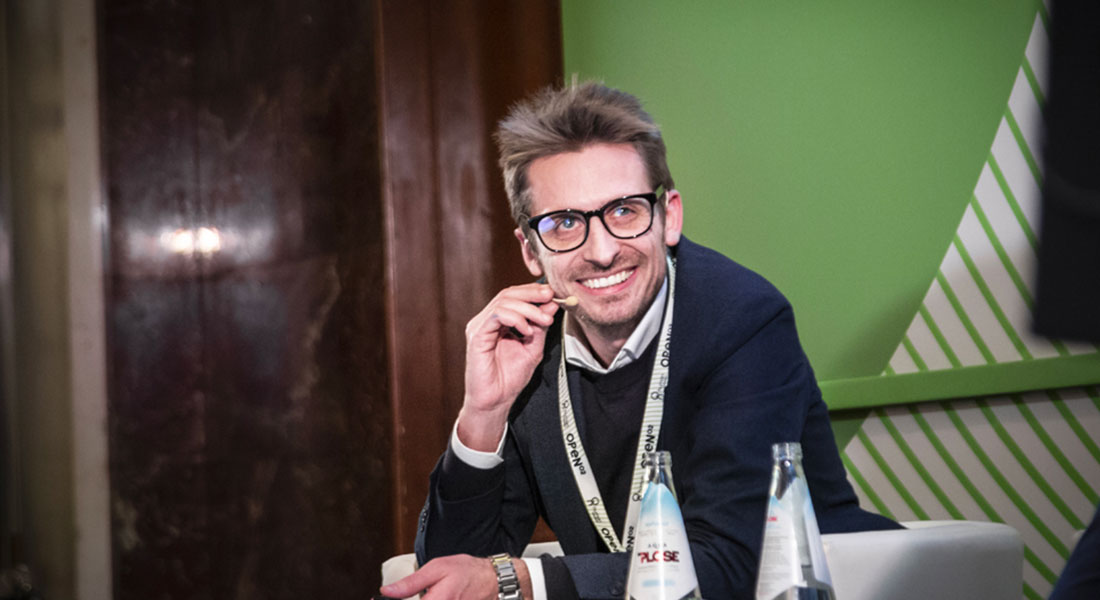
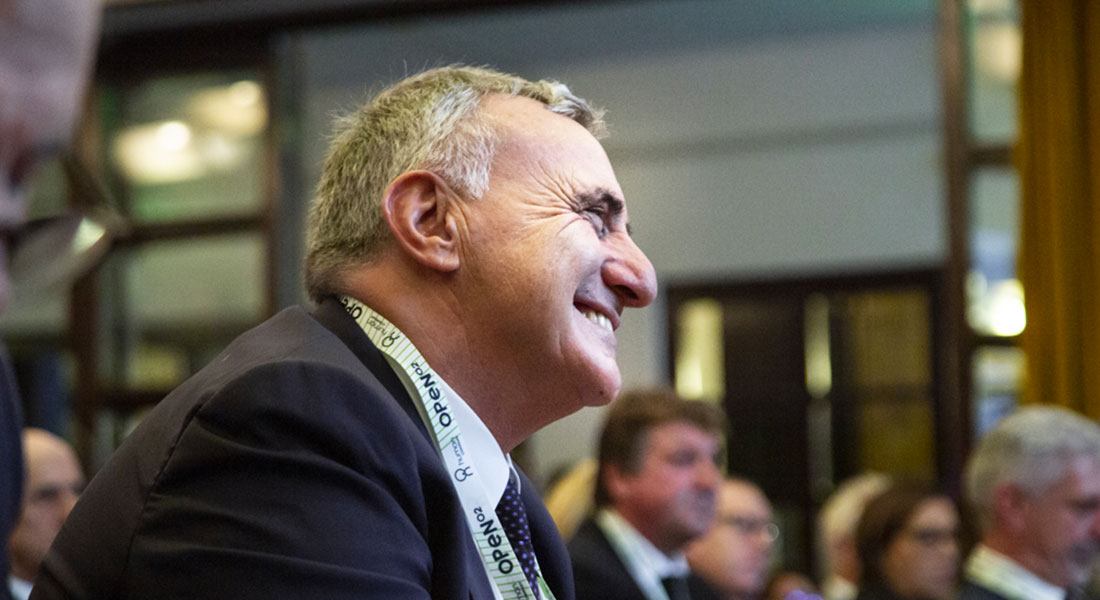
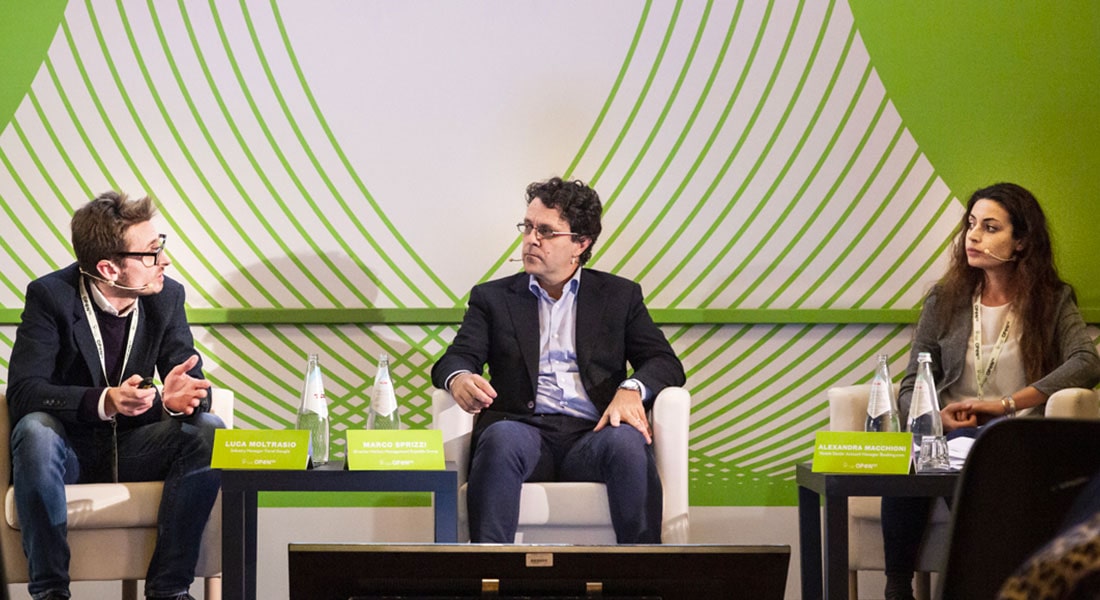
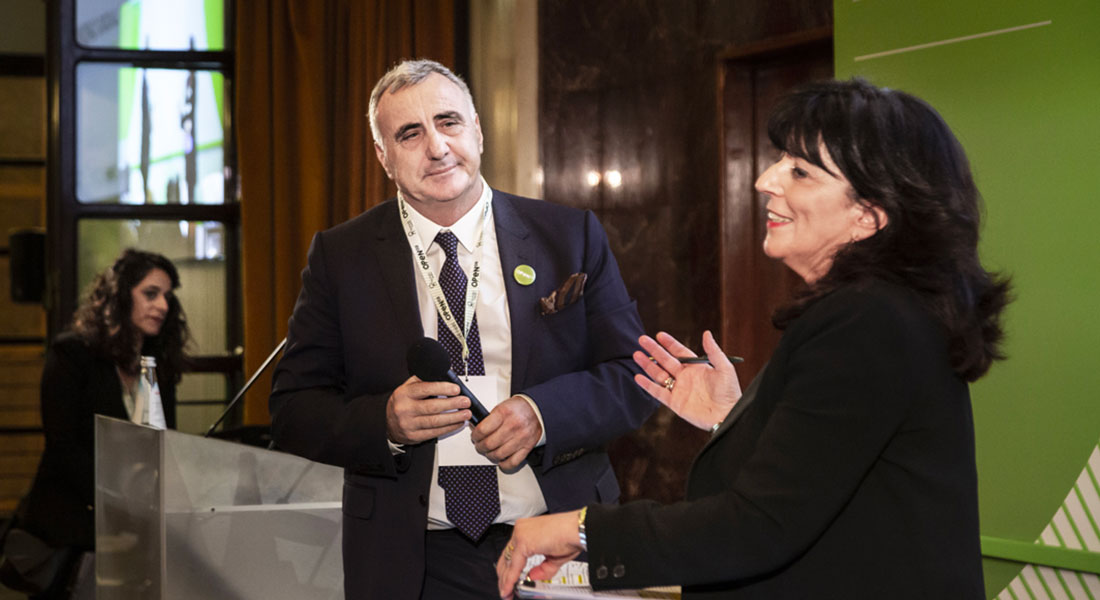
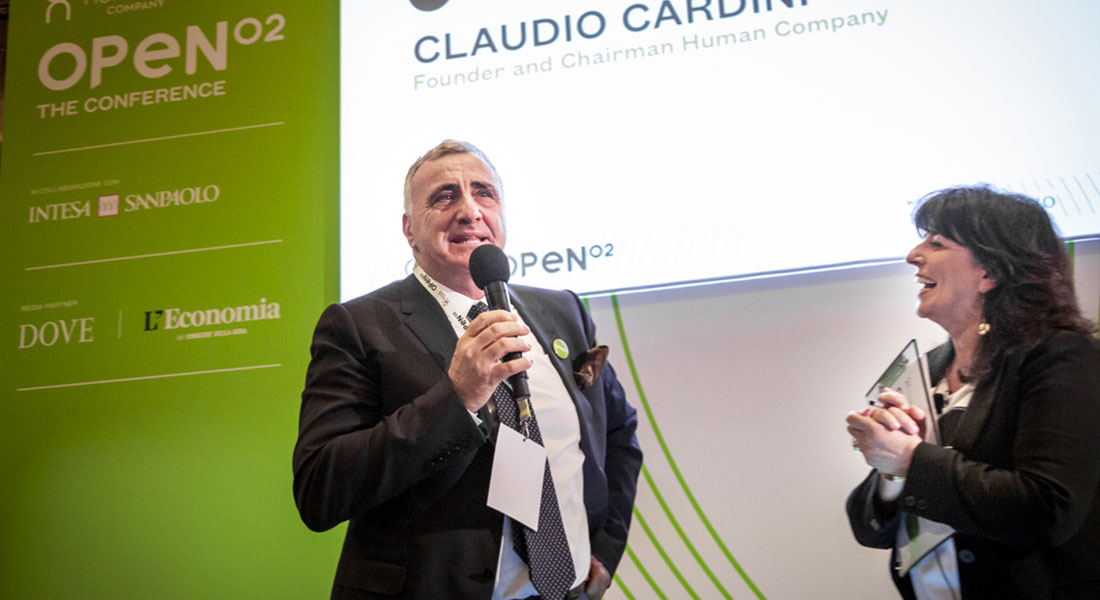
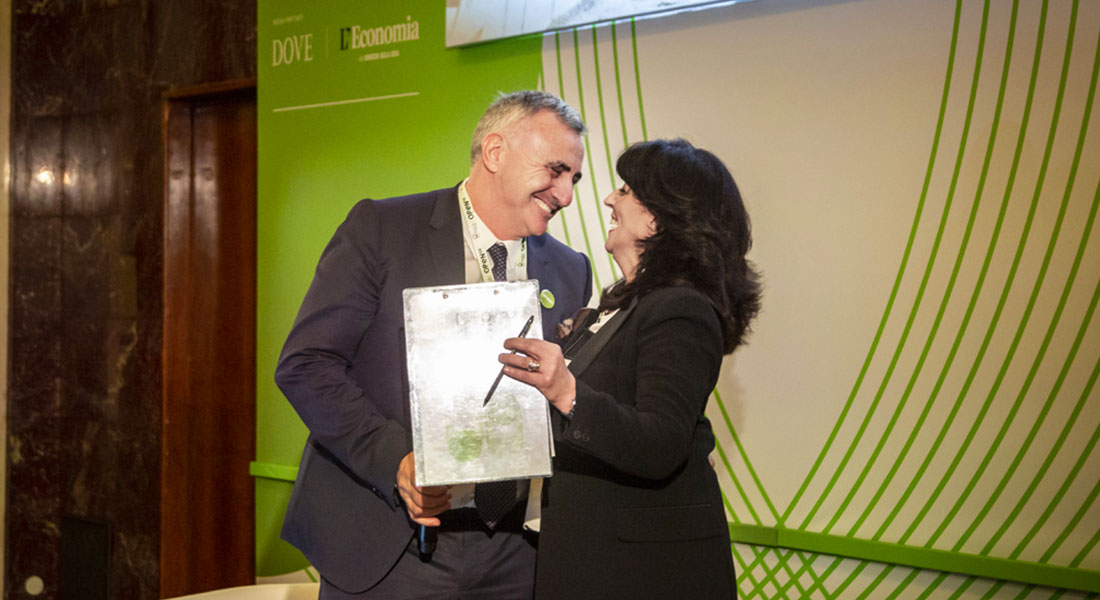
Working with scenario data, new trends, investment projects and practical success stories, a panel of respected speakers from institutions, industry operators and investment backers discussed a sector that has strategic value for the Italian market, outlining policy objectives for development and ways of promoting the sector starting from individual regions. In addition to Istituto Piepoli and Banca Intesa, with its influential economic and financial research centre, the participants included representatives from local institutions involved in Human Company development projects in Veneto and Tuscany, as well as a high-level talk with industry operators such as Google, Booking.com and Expedia.
Istituto Piepoli carried out a survey on a representative sample of the population in order to outline a scenario of Italians and their relationship with tourism when it comes to sustainability and innovation. 70% of respondents had heard of sustainable tourism, and 35% said they cared about the environment and expected the services provided to them to be offered sustainably. Moreover, 80% of respondents said that they were willing to spend more for an eco-sustainable choice: up to 10% more for over half of them, while 37% would stretch to a 20% price increase, highlighting the sustainability factor as an added value that is worth investing in. And this trend seems likely to pick up speed: 68% of respondents thought sustainable tourism would grow over the next ten years.
This burgeoning focus on sustainable tourism also emerged when analysing the non-hotel sector (villages and campsites, farm stays, B&Bs, holiday homes) thanks to an ad hoc survey involving 135 companies carried out by Intesa Sanpaolo's Study & Research Department in the September-November 2019 period. According to the new "green indicator", which uses a 0 to 100 scale to score an accommodation facility's adoption of sustainable solutions (e.g. separate waste collection, renewable energy, eco-compatible technologies, use of recyclable materials, energy audits, water consumption control, etc.), villages and campsites are one of the top categories, with a current total of 35 points and the potential for development up to 51, only beaten by farm stays (current score of 38 out of a potential 51).
According to the scenario laid out by Google, the growth of this increasingly sustainable and innovative brand of tourism will be consolidated: alongside general growth for the Italian travel industry in 2019, the company identified strong growth markers in online searches for topics such as "ecotourism and sustainable travel" (+17%), while mobile searches for green tourism topics exceeded desktop searches by 48 percentage points in the second half of this year, compared to the same period last year.
"In this context, 'open air' becomes synonymous with a sustainable and innovative holiday", explains Marco Galletti, CEO of Human Company. He continues: "Today, we need to look at tourism differently, promoting outdoor tourism as a successful model. With an approach that involves not overbuilding, zero-impact housing units and facilities, strong ties with regions and their heritage (including gastronomic traditions), and high-quality, experience-based activities and services, the recipe for open-air tourism is a winning one, and we have the data to prove it".



